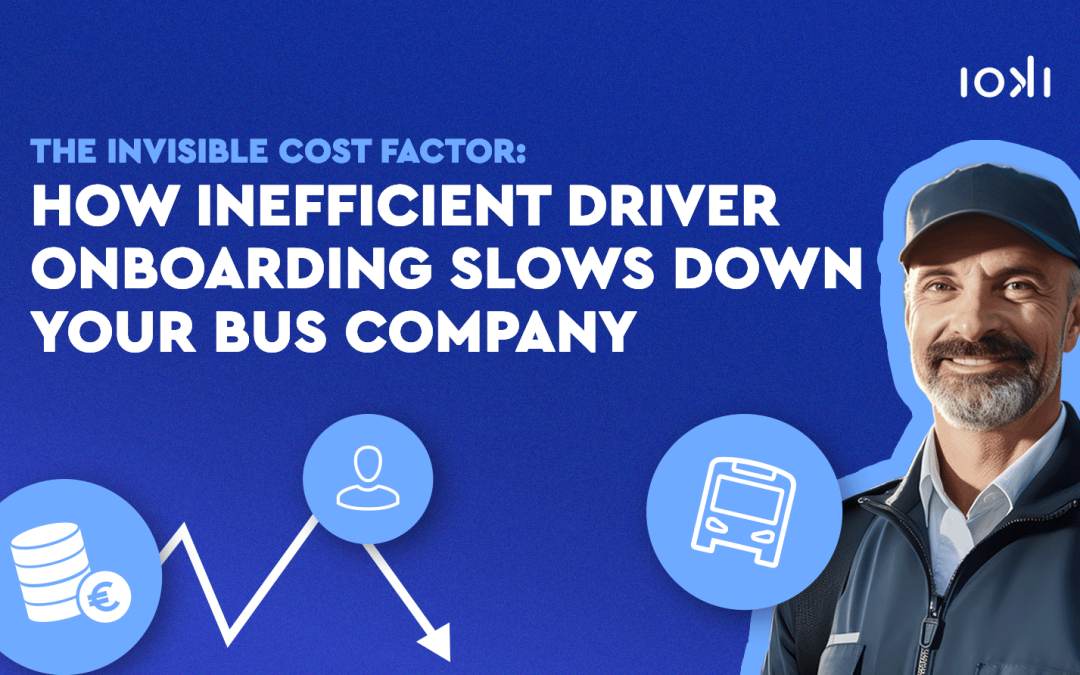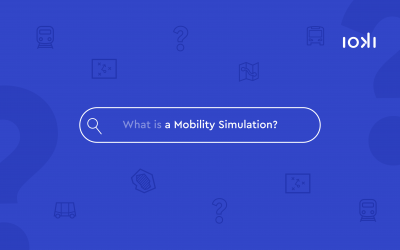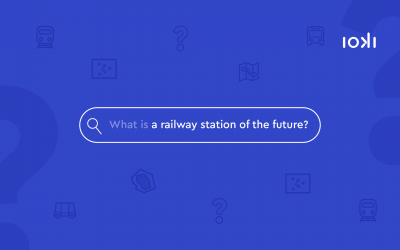2) an increased expansion of public transport services to achieve the climate targets
1) Many transport companies offer their passengers voluntary mobility guarantees. This means that if a bus or train is delayed, by 10, 15 or 20 minutes or more at the departure stop, passengers can use alternative means of transport or receive a pro-rata refund of the fare. The amount of the refund and from which minute of delay this voluntary “mobility guarantee” takes effect is determined by the transport companies in their tariff and transport regulations. In addition, the European provisions on statutory passenger rights in rail transport apply.
Examples of a voluntary mobility guarantee: The RMV 10-minute guarantee, the mobility promise and mobility guarantee of the Braunschweiger Verkehrs GmbH or also the NRW mobility guarantee.
2) But: Mobility guarantee can also mean that federal states commit to provide their population with a public transport service within a certain period. In this case, a mobility guarantee means obligatory or targeted minimum service standards for public transport – in terms of quality and availability.
Examples of a political mobility guarantee:
According to a guideline of the federal state of Baden-Wuerttemberg, “all places (built-up areas) in the conurbations are reliably connected at least every 15 minutes and in rural areas every 30 minutes at the usual service times”.
In Hamburg, the market share of public transport is to increase to 30 percent by 2030. To ensure that more people switch to public transport, the so-called Hamburg-Takt is linked to the project: By 2030, every person in Hamburg should be able to reach a public transport offer with optimal service and high quality within five minutes from morning to evening.



